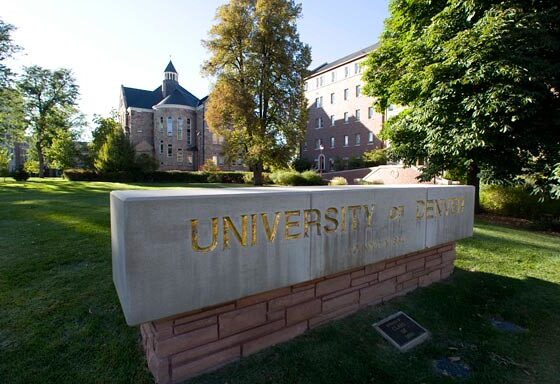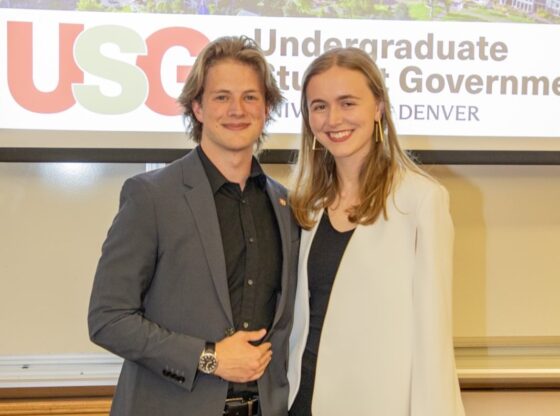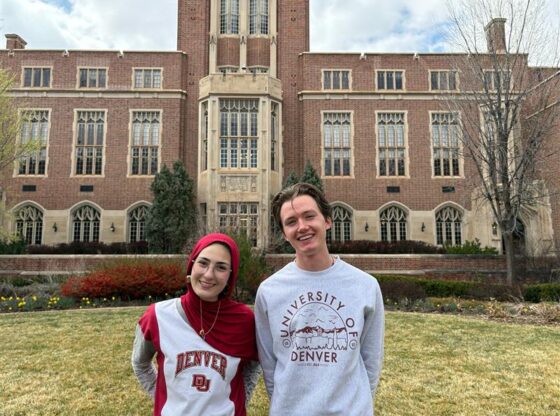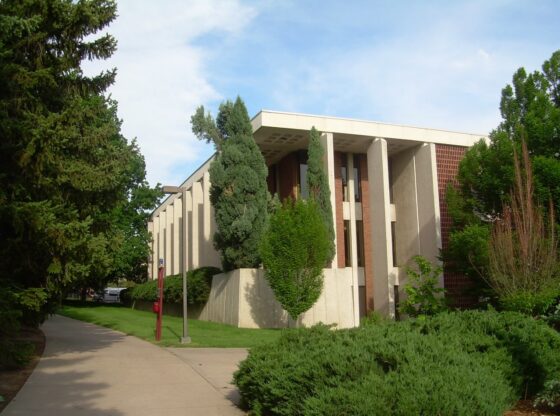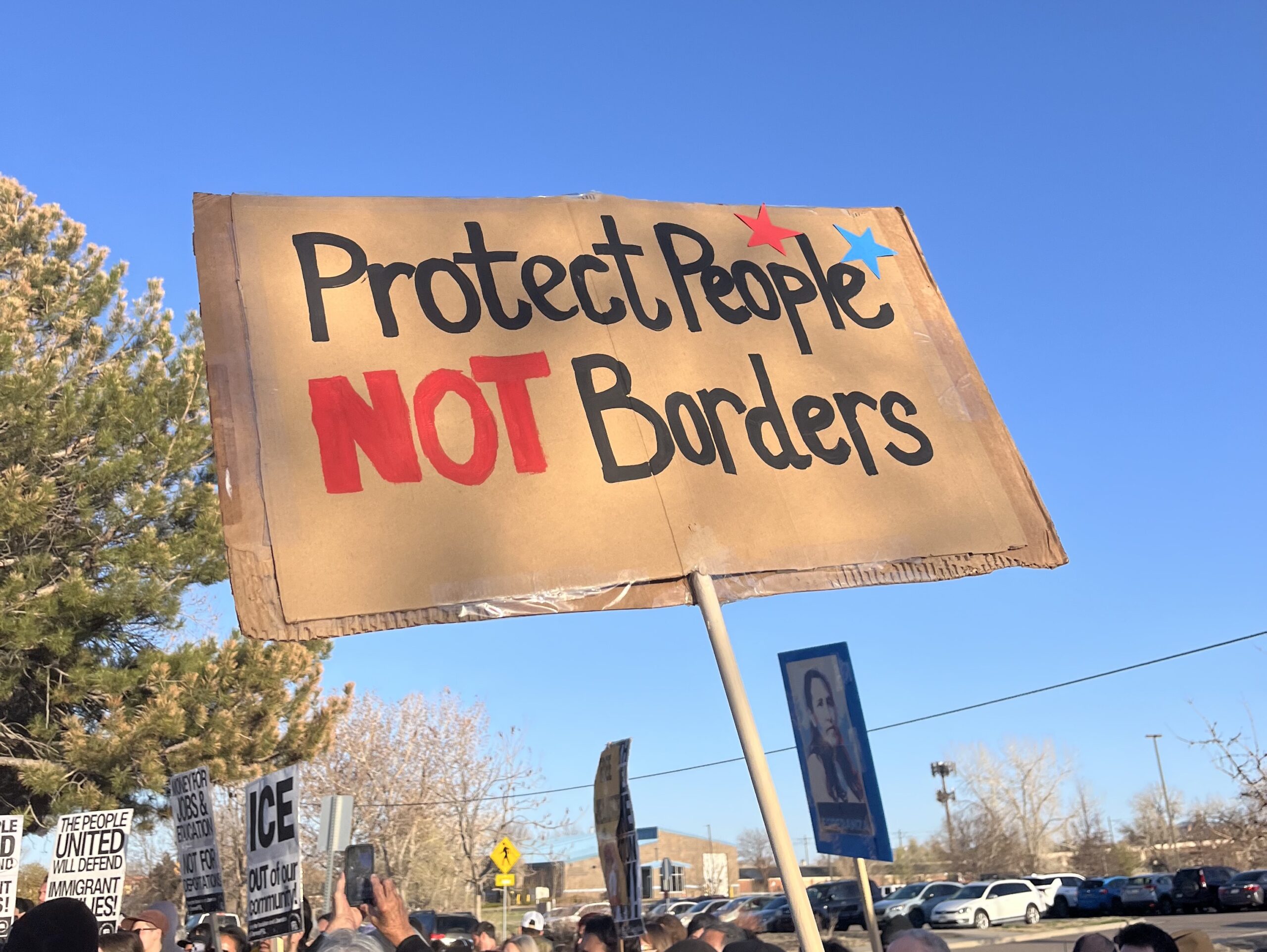At DU’s 16th Annual Women’s Conference held last Friday, a keynote speaker called upon women delve deep into their souls to become the people they want to be.
Margaret Whitt, a former DU English professor, delivered a speech entitled, “Change and Transformation: Making It Personal,” to an audience of approximately 350 people, mostly women, in the Driscoll Ballroom.
In the speech, Whitt discussed her own experiences, such as when she moved to Denver to teach at DU and then back to North Carolina to retire in 2008.
“I returned home,” said Whitt. “The South nurtured me. There, southern hospitality is not just an idea, it’s an everyday reality.”
The conference was sponsored by over 20 groups including the DU bookstore, Penrose Library, the Women’s College and the Public Service Credit Union. There were a total of 21 presentations during three breakout sessions, which covered a variety of topics related to women’s issues and revolution.
“The conference’s purpose was to change and transform, one woman at a time,” said Kaila Wilkes, a career counselor and co-chair of the event. “I think the event is meant to give the women of DU a time to be together, network, meet new people, and learn more about women’s issues.”
Reflecting on this theme, Whitt also talked about the changes that occurred over the last 100 years with American women. She recalled how greatly things have changed since the the 1960s and 1970s when women could only rent apartments with their husbands’ signatures, accounted for only six percent of doctors, three percent of attorneys and one percent of engineers.
“It wasn’t until a friend tossed me a book, ‘The Feminine Mystique,’ that I changed the way I saw the world,” said Whitt. “Life moves in curves, twists and turns.”
In addition to feminine topics, Whitt spoke about seeing the movie “Paper Clips,” a documentary about how students from a middle school in Whitwell, Tenn., tried to collect 6 million paper clips to represent the 6 million Jews killed in the Holocaust.
“I needed to go there and see it for myself,” said Whitt.
She said she visited the town and had the honor of meeting the principal of the middle school, Linda Hooper, who organized the project and starred in the documentary.
According to Whitt, Hooper and other community members wanted to expose their prominently Caucasian community to other cultures to promote acceptance and diversity.
The students then embarked on their mission to learn about the Holocaust by gathering one paper clip to represent every individual killed during this time in history.
Their story was eventually picked up by two German journalists who wrote about the White House for German newspapers.
Eventually, an authentic German transport car was donated and students were able to meet with Holocaust survivors. The car still sits outside the middle school today.
“Linda Hooper told me that the grandfather of one of the students, a known member of the Klu Klux Klan, came to her during a conference,” Whitt said. “He told her that he hoped for forgiveness because the Holocaust taught him what all his years of hate could have cost.”
Whitt ended by talking about how important it is for women to take time to travel one path at a time, to discover their dreams, and to undertake each endeavor with confidence. She talked about finding a place to explore in order to find one’s true self.
“It’s a place you go outwardly to help you restore yourself inwardly,” said Whitt.
The first DU Women’s Conference was held in 1996 and was originally intended to impact women and expose them to a variety of global female-related issues.
“We want women to walk away with an impression, with something that impacted them,” said Wilkes. “We want to encourage women in their journey.”
To read more about Margaret Whitt, click here.





